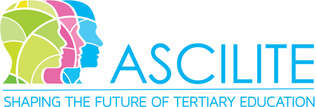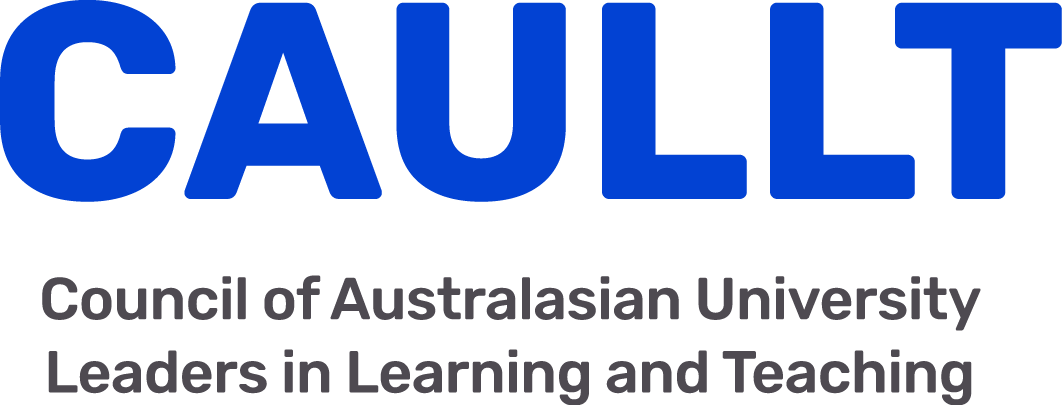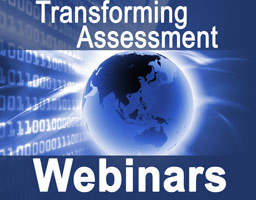2020: Defending assessment against e-Cheating: design and standards
Session completed! - see the recording.
Presenter: A/Prof Phillip Dawson (Centre for Research in Assessment and Digital Learning, Deakin University, Australia)
This session is part of a double bill jointly presented by Transforming Assessment and CRADLE Deakin University on 18 and 19 November 2020 - register for one or both!
Acknowledgement: This session will serve as the launch of the book "Defending Assessment Security in a Digital World: Preventing E-Cheating and Supporting Academic Integrity in Higher Education" sole authored by Phill (published by Routledge).
One lucky attendee will win a free copy of the book!
Assessment in the digital world gives rise to concerns around e-cheating risks and the need for remedies to ensure academic integrity is upheld. This has been particularly relevant as many universities around the world have dramatically increased their use of online delivery during the COVID-19 pandemic. Many have turned to assessment design as one way to secure their assessment, and there is some evidence that particular assessment design decisions make cheating more difficult, and/or easier to detect. But how secure does assessment actually need to be - and what are the risks if we take anti-cheating approaches too far?
This session will review the evidence on the use of assessment design as an anti-cheating measure, and propose a set of minimum standards for assessment security. It will include practical steps that can be taken by educators and course teams to secure their assessment from an individual task through to an entire degree.
To register for this session please login (or create an account) then click the 'register now' button.
Sessions are hosted by Professor Geoffrey Crisp, DVC Academic, University of Canberra and Dr Mathew Hillier, Macquarie University, Australia.
Please note all sessions are recorded and made public after the event.
Time is displayed below is in *universal coordinated time* -> See your local time.













